Marijuana became legal in Canada at the stroke of midnight in Newfoundland, the time zone that is farthest to the east.

From there, legal weed cascaded to each province and territory every hour — with the exception of Atlantic Canada, where marijuana was legalized a half hour after it was on the Rock.
MORE: For the launch of our weekly newsletter Cannabis IQ, we’re giving away $100 Visa gift cards. Click here to find out more.
The drug is being legalized under the Cannabis Act, which comes into effect on Oct. 17.
The act states that people who are aged 18 years or older can possess up to 30 grams of legal cannabis in its dried or “equivalent non-dried form” in public.
WATCH: How to grow pot at home

Marijuana coverage on Globalnews.ca:
You can also share up to 30 grams of cannabis with other adults.
The act also stipulates that people can buy “dried or fresh cannabis or cannabis oil” from provincially-licensed retailers; where there aren’t brick-and-mortar retailers, you can buy it online from “federally-licensed producers.”
READ MORE: Cannabis IQ — here are all the legal ways to consume pot in Canada
People can likewise grow up to four cannabis plants per home from “licensed seed or seedlings.”
They can also make cannabis-infused food and drinks at home, “as long as organic solvents are not used to create concentrated products.”
The act, however, severely restricts underage people from possessing cannabis.
You could face a maximum penalty of 14 years in jail if you give or sell cannabis to a youth, or if you use a youth to commit a “cannabis related offence.”
These are new criminal offences.
READ MORE: Legal cannabis use could still get you banned at the border, U.S. confirms
Just because marijuana will be legal, however, doesn’t mean that there will be licensed retailers available to sell it in every province and territory.
In Ontario, for example, there won’t be any physical retailers open — only an online store.

Get daily National news
WATCH: ‘There’s no business model to copy’ says cannabis company CEO following legalization in Canada

Meanwhile, in B.C., there will be only a single provincially-licensed retailer open in Kamloops; the province’s Liquor Distribution Branch (LDB) is looking to locate to other locations in that city.
However, anyone wishing to purchase marijuana in Vancouver can try an unlicensed, privately-run retailer.
B.C. Public Safety Minister Mike Farnworth has advised dispensary owners to shut down if they wish to operate legally.
However, Vancouver Police Department (VPD) spokesperson Sgt. Jason Robillard told Global News he was “not aware of any plans for the VPD to shut down any unlicensed privately-owned cannabis shops at least in the near future.”
Albertacannabis.org, the province’s website for online sales, proved so popular early Wednesday that the site wouldn’t load properly.
Some who visited the site found themselves on a lengthy waiting list.
Meanwhile, the Toronto Police Service (TPS) had a warning for people who smelled marijuana coming from a neighbour’s home.
Here are Canada’s provinces and territories where marijuana has been legalized, and where it hasn’t yet:
Newfoundland — legal
New Brunswick, Nova Scotia, Prince Edward Island — legal
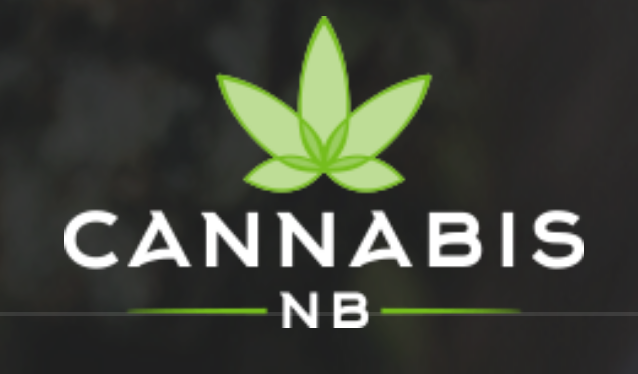
Quebec, all of Ontario except for the far west — legal
Manitoba, Saskatchewan, western Ontario, most of Nunavut — legal
Alberta, Northwest Territories, parts of eastern British Columbia — legal
British Columbia, Yukon — legal
MORE: Sign up for Cannabis IQ, a weekly newsletter covering legalization







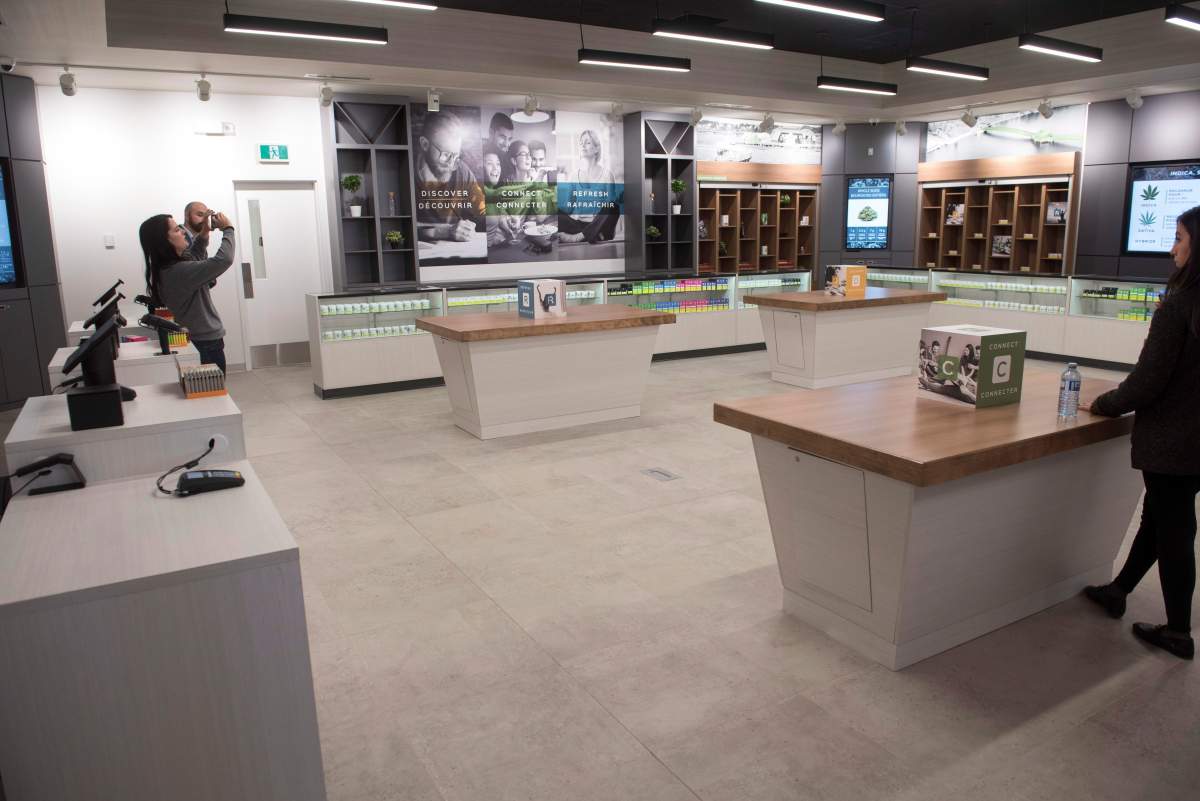






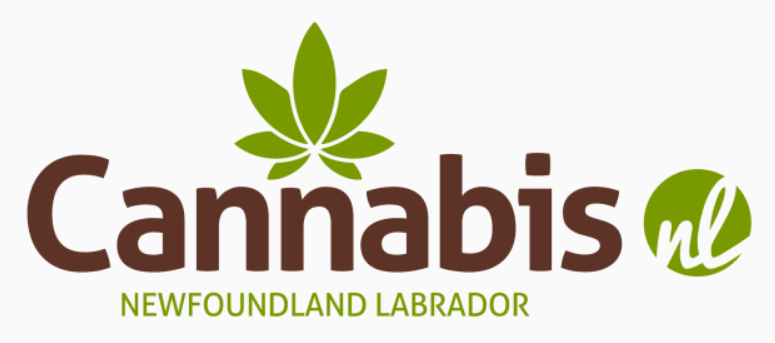
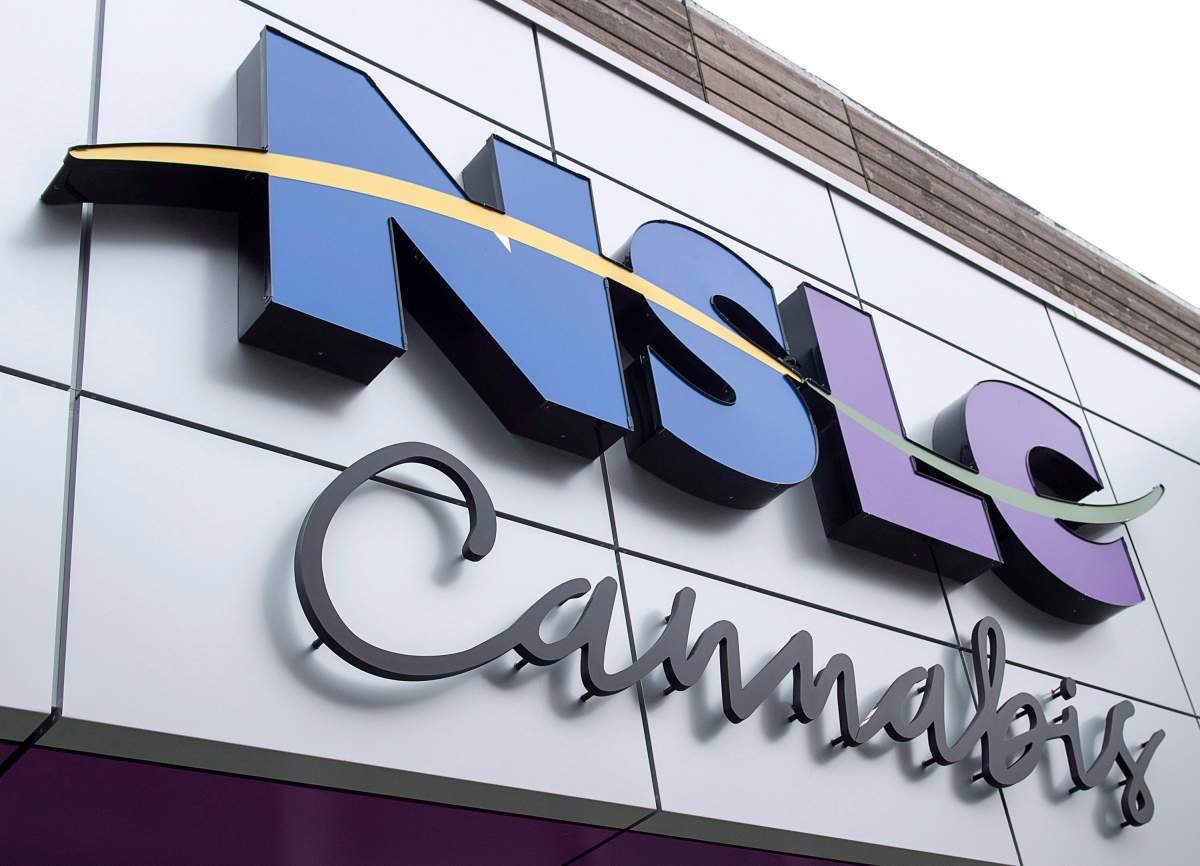


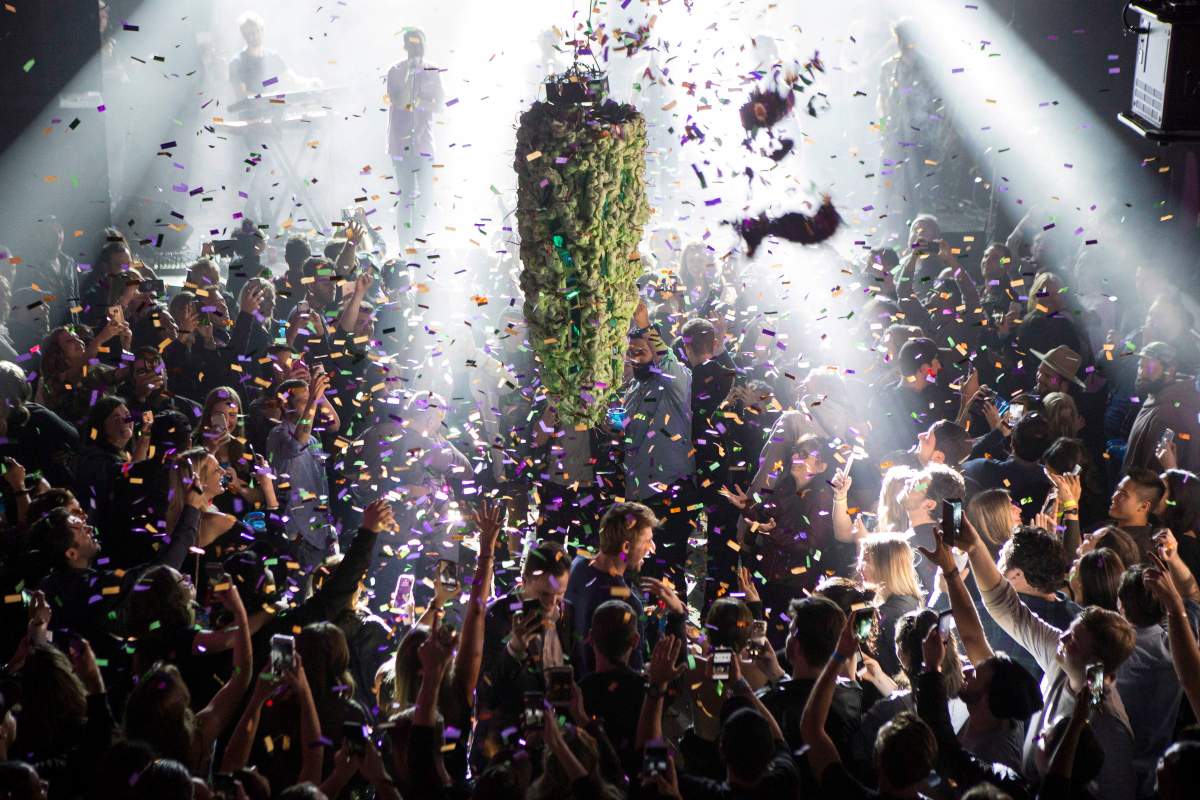
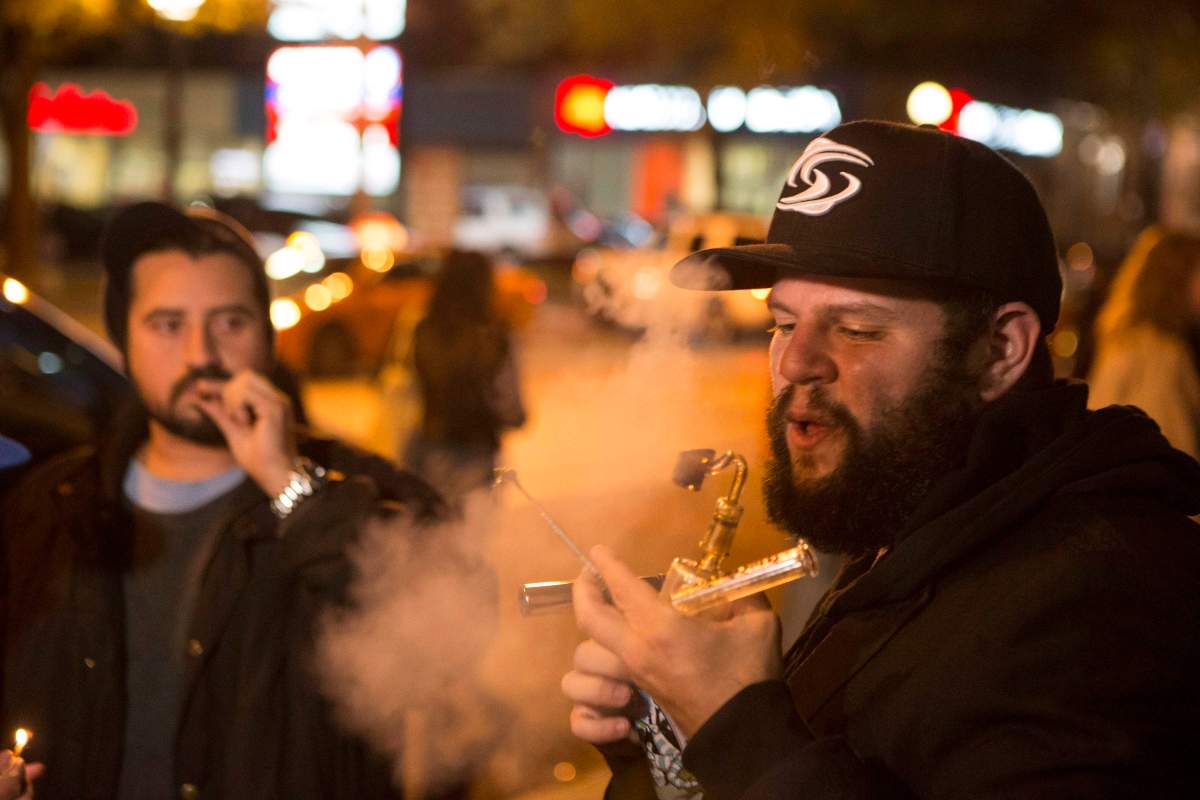
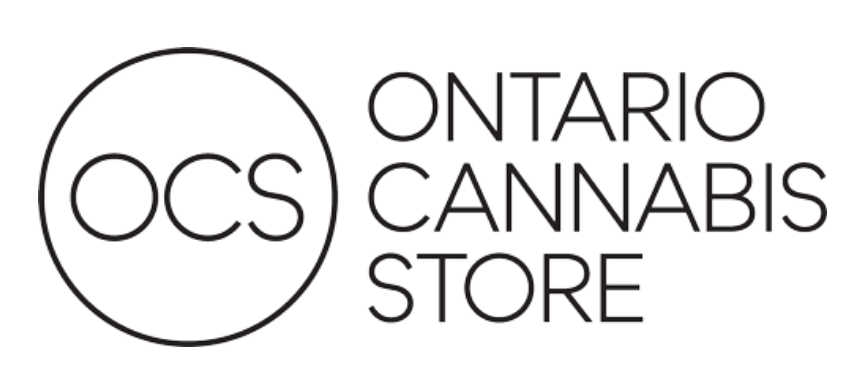


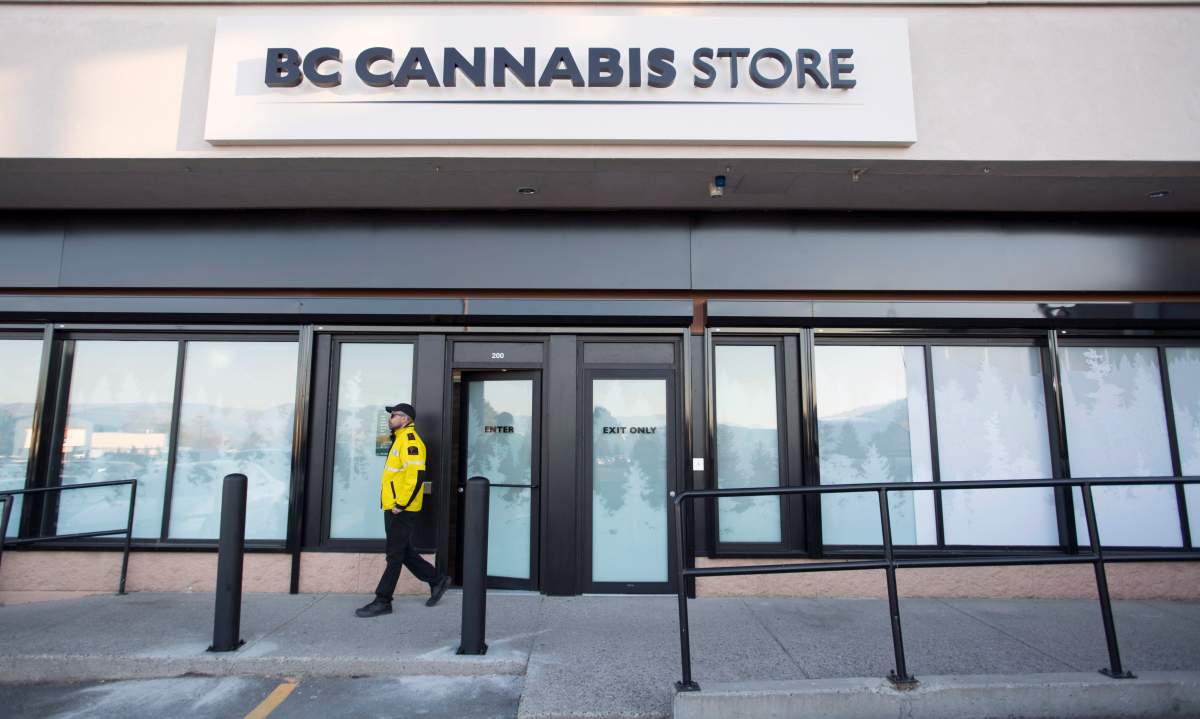




Comments
Want to discuss? Please read our Commenting Policy first.